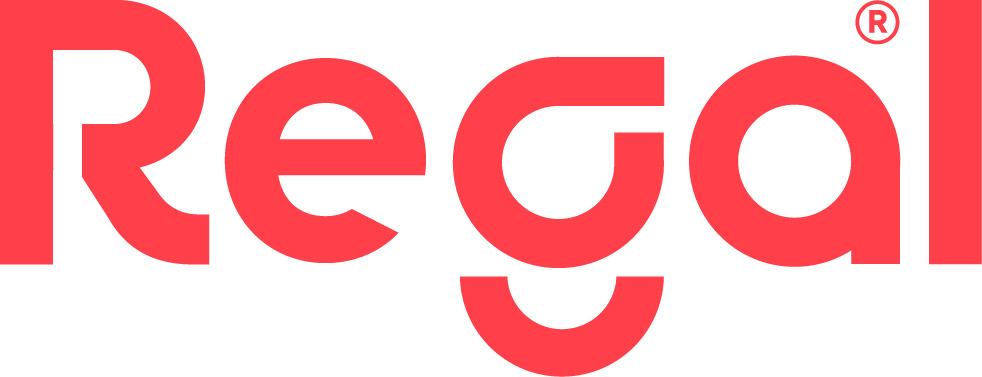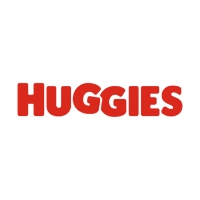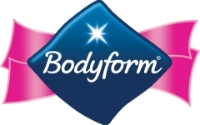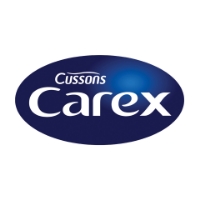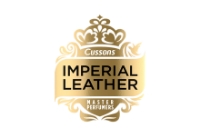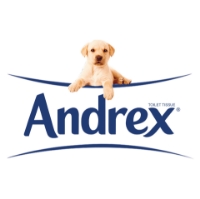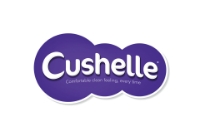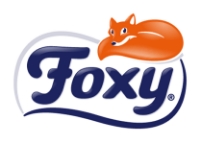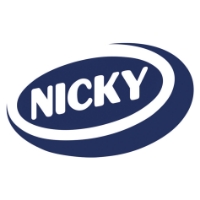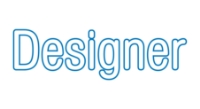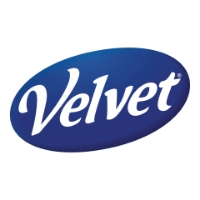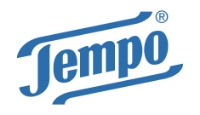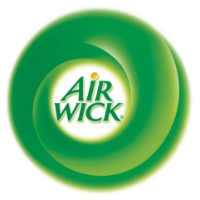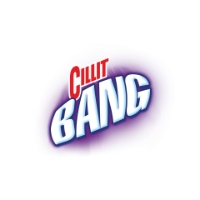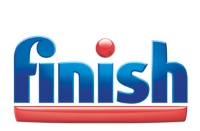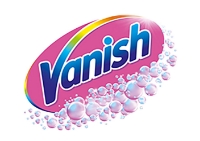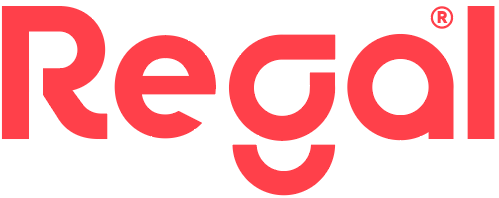Merseyside-based Regal Wholesale has just gone through a major rebrand and secured a partnership with top supplier Reckitt.
Managing director Chris Hughes spoke to The Grocer about Regal’s plans for becoming an efficient route to market for suppliers, while staying true to its values as a family business.
How has the business changed since you took the reins as managing director?
“We were on a journey from a fledgling wholesaler into a very broad household and paper wholesaler, on a quest to stock thousands of lines.
From an MD position, I realised it was a bit of a foolish avenue to pursue. There were bigger, better, more established wholesalers in the market, and chasing their tail was an impossible task. So, we sort of turned around and decided to move back to Regal’s heritage: we were stocking over 2,000 lines and overnight we decided to drop about 1,000 of them. Now, you can imagine the fear in my team’s eyes when I announced that that would be happening. It was a better strategy long-term, rather than trying to be a jack of all trades and a master of none. And that was the start of where the business is today.”
Where is Regal today?
“We have gradually been building a reputation in the market, not blazing any trails, but bit by bit establishing ourselves as the number one business for paper hygiene. We took that ‘quality over quantity’ attitude when I became MD, but obviously it had to go hand in hand with growth projection.
We were always a distribution business, supplying with wholesalers, but we’ve never said so. So now that the demand is getting greater in the market for the manufacturers to find routes to market that are more efficient, we are able to fulfil that role. Whereas in the past, maybe five, 10 years ago, we were still a little bit too small, now is a good time for us. We’ve been building our way to this position for over 20 years.”
.jpeg)
Regal’s showroom, including major brands Andrex, Bold, Foxy and more
Why is the rebrand important now?
“It’s part of establishing the reputation. Because we are a family business, we didn’t invest a lot of our resources into marketing ourselves historically.
It makes sense that now, as we grow up, we also need to glow up. I found myself at multiple events and conferences, telling the same story of who we are over and over. It’s a long story, and it’s marvellous, but it can be repetitive. With this move we said: it’s time the business sold itself. Have the brand tell the story. It felt like a necessary story to tell, because we operate in a market where there are lots of big businesses and not many with a wholesome family story.”
What sets Regal aside as an SME and family business?
“These days, a lot of the businesses are becoming so corporate they’re a little bit out of reach and out of touch. And it feels very clinical.
We’re kind of trying to provide an antidote to that, because it seems like all customers out there are still after that personal care.
One of the benefits is we’re fleet of foot – we’re flexible. Decisions made come to fruition in quick time. We can make mistakes, but we can change the direction in case that’s not working. It’s a very dynamic business, one in which you don’t need many lines of communication to make things happen.”
.jpeg)
You mention personal touch, and many positives. But being a family business also comes with its own challenges.
“It’s true. We’re fighting in a big pond and we’re a bit of a minnow, really. That’s the sort of negative, if you like. We are competing with businesses that have deeper pockets and maybe more of a professional image in the marketplace. But our wish is to try and get out of that pond, and elevate our position. This is where the Good Business Promise comes in.”
Regal’s Good Business Promise has three buzzwords: responsive, relatable, results. Could you tell me more about it?
“As part of the rebrand, we looked at what Regal was all about. Back to basics, if you like. We are regular people that understand the position our customers and suppliers are in, because we’re living and breathing that every day. We understand the aspirations and the frustrations.
It’s that empathy that drove us to [create our Good Business Promise]. It’s not unusual for our customers to want what we want, and that is to have good service and to get good service quickly, for both our suppliers and customers. People like dealing with us. They know nearly all of us are on the other end of the phone. And if you combine that responsiveness and wrap it up in one bundle of a business and customer relations, it makes it very simple to understand our business promise. We give them value above all else, we give them a personal touch not separated from the business, and we promise them efficiency.”
.jpeg)
The Regal team, including MD Chris Hughes, and commercial director Jon Hunt
The early stages of the pandemic defined Regal’s growth for 2020, with a viral video of people fighting for loo roll in the supermarket aisle leading to the phones at Regal’s HQ ringing non-stop the following day. From a place in which demand was artificially high, Hughes explains, Regal is back on track, despite new challenges including war in the Middle East and the conflict in Ukraine affecting the supply chain.
Where do you see Regal in five years’ time?
“The first area of focus will be on customers. They will see improved deals, improved offer, and in general an improved way of doing business. With that, we believe there will be an organic growth of our customer profile, which has been building for the last few years. We are starting to see suppliers, who previously thought of Regal as just a small family business, realising we are a serious route to market. We can see the demand from suppliers being as big as the demand from customers in the future. It’s a virtuous circle, really. The more suppliers give us the opportunity to get to the market, the more customers will be able to take advantage of the offers we are bringing.”
